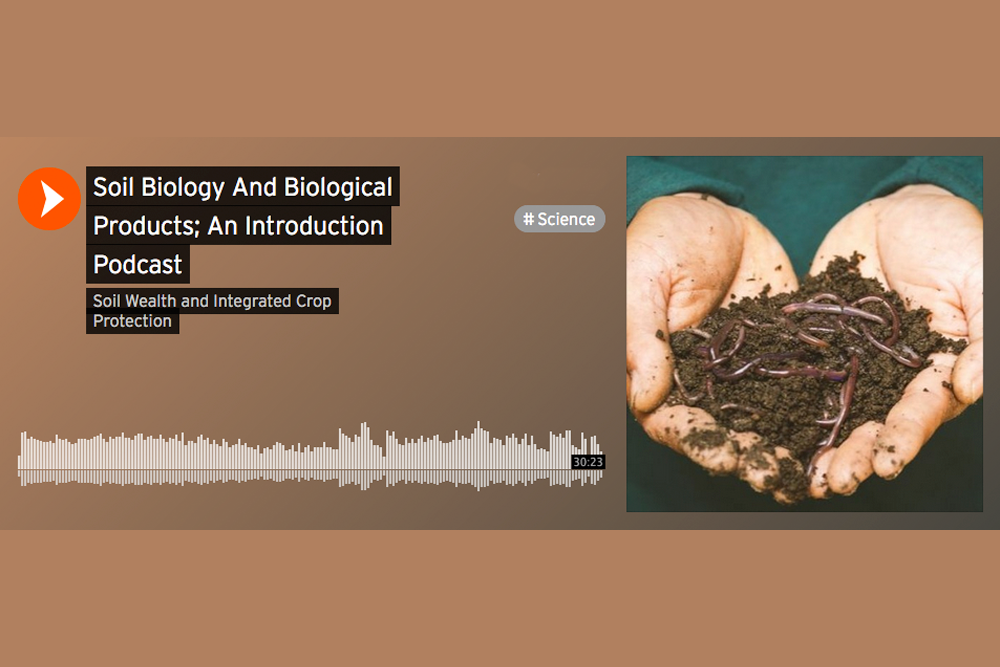Soil biology is a complex, dynamic and broad field. This podcast will introduce you to the concept of why biology is important to soil fertility and maximising crop production. We also briefly explore the complexities, risks and potential of biological crop products.
This podcast was developed in conjunction with our Soil Wealth ICP Partnership Network members Sustainable Farming Systems (SFS) and KimiTech.

